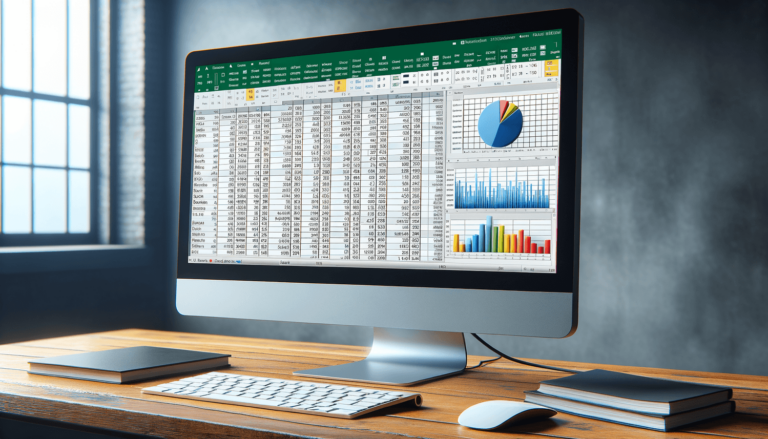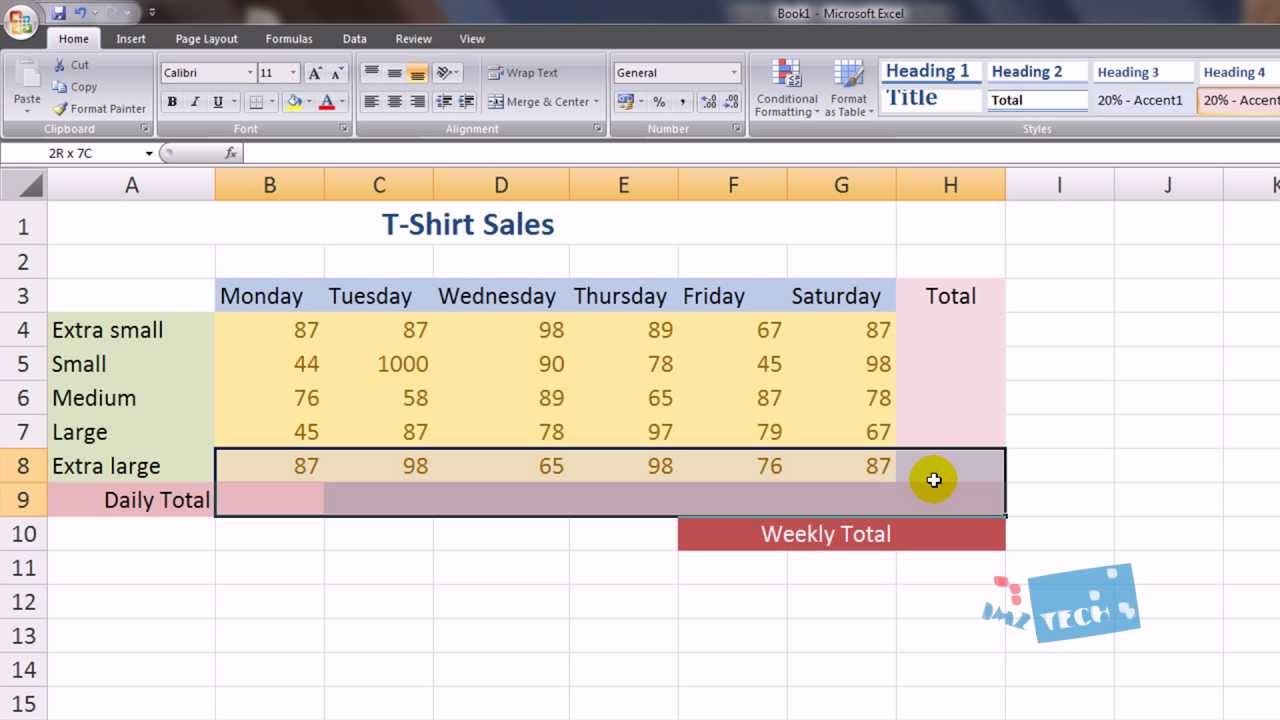5 Easy Steps to Create Job Sheets in Excel

Introduction to Job Sheets

Job sheets are vital tools for businesses across various industries to keep track of tasks, assignments, and employee productivity. Whether you’re managing a small team or a large workforce, having an effective job sheet system can streamline operations, improve accountability, and enhance project management. In this blog post, we’ll guide you through 5 easy steps to create job sheets in Excel, enhancing your business’s efficiency with just a few simple clicks.
Step 1: Set Up Your Excel Workbook

- Open Microsoft Excel: Launch Excel to begin creating your job sheet template.
- Create a New Workbook: Click on “File” then “New” to start with a blank workbook.
- Name Your Workbook: Choose a relevant name for your job sheet workbook for easy identification.
- Save Your Workbook: Save the workbook to your preferred location for future use. This will help in maintaining and updating your job sheets.
By setting up your workbook correctly from the start, you lay a solid foundation for efficient job sheet management.
Step 2: Design the Layout

The layout of your job sheet should be intuitive and easy to understand. Here’s how you can design it:
- Merge Cells for Headers: Merge the first few rows to create a header for your job sheet. This could include the company logo, title, date, and other relevant information.
- Columns Setup: Decide on the columns you need. Common ones might include:
- Job Number
- Date
- Employee Name
- Task Description
- Start Time
- End Time
- Status
- Notes
- Formatting: Use Excel’s formatting tools to make the job sheet visually appealing:
- Font Styles: Use bold and italic for headings.
- Borders: Add borders to define cells.
- Color Coding: Use color coding for different statuses or to highlight important sections.
A well-designed layout not only looks professional but also facilitates data entry and readability.
Step 3: Input Formulas and Automation

To make your job sheet more functional:
- Time Calculations: Use Excel formulas to calculate the duration of tasks:
- End Time - Start Time = Total Time
- Date Functions: Utilize date functions like =TODAY() to autofill dates.
- Data Validation: Set up data validation to control what data users can enter into certain cells, ensuring consistency.
- Conditional Formatting: Implement conditional formatting to visually indicate task status or overdue jobs.
🔍 Note: Always test your formulas with various inputs to ensure they work as intended.
Step 4: Protecting Your Workbook

Protecting your job sheet template is crucial to prevent accidental edits to formulas and structures:
- Protect Sheets: Go to “Review” tab, then “Protect Sheet”. Limit what users can do on the sheet.
- Password Protection: For added security, you can set a password to unprotect the sheet.
- Allow Specific Changes: Specify which cells or elements can still be edited by users.
🔐 Note: Remember the password; if lost, you’ll need to reset the protection settings.
Step 5: Saving and Sharing Your Job Sheet

After creating your job sheet:
- Save As Template: Once your job sheet is ready, save it as a template (.xltx) for future use.
- Sharing: Share the job sheet with your team:
- Via Email
- Cloud Storage
- Company Intranet
- Backup: Regularly backup your job sheet files to prevent data loss.
Proper distribution ensures that the job sheet is used effectively across your team.
To summarize, creating job sheets in Excel can significantly enhance your business operations. Here's what we've covered:
- Setting up your Excel workbook for job sheet creation.
- Designing a functional and visually appealing layout.
- Using formulas for automation to increase efficiency.
- Protecting your job sheet to prevent unintended changes.
- Properly saving and sharing your job sheet with your team.
By following these steps, you can create an effective job management system tailored to your business's needs.
What are the benefits of using Excel for job sheets?

+
Excel provides extensive functionality like data analysis, automation, and customization which makes tracking and managing jobs easier and more efficient. It also allows for easy updates, sharing, and integration with other systems or software.
Can I customize the job sheet template for different types of jobs?

+
Yes, Excel’s flexibility allows you to customize templates for different job types by adding or removing columns, adjusting formulas, and tailoring the layout to fit specific needs.
How often should I update my job sheet?

+
It depends on the nature of your business. For dynamic environments, daily updates might be necessary, while weekly or even monthly updates could suffice for more stable operations.